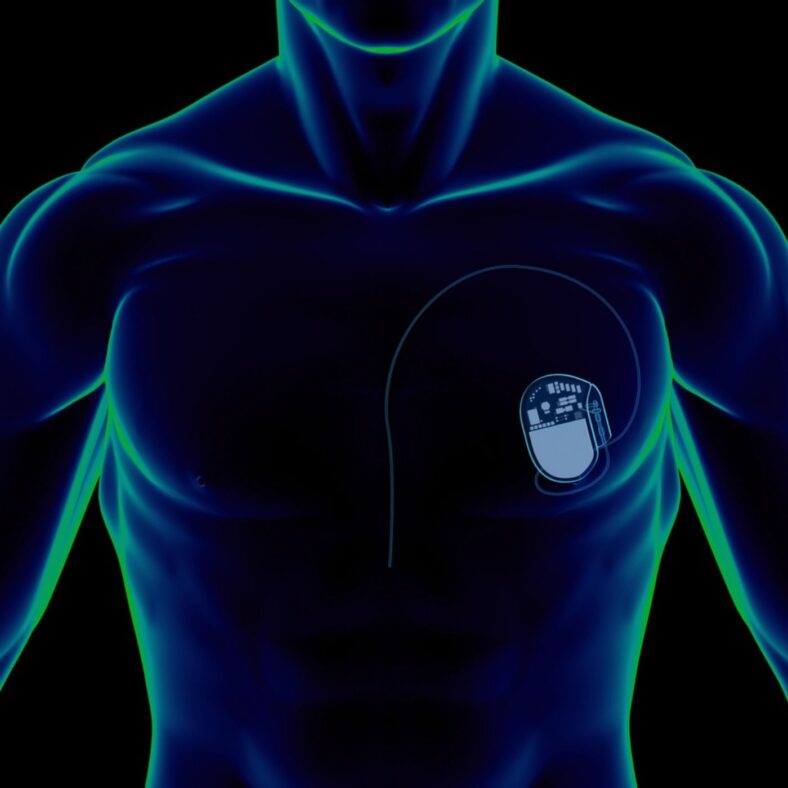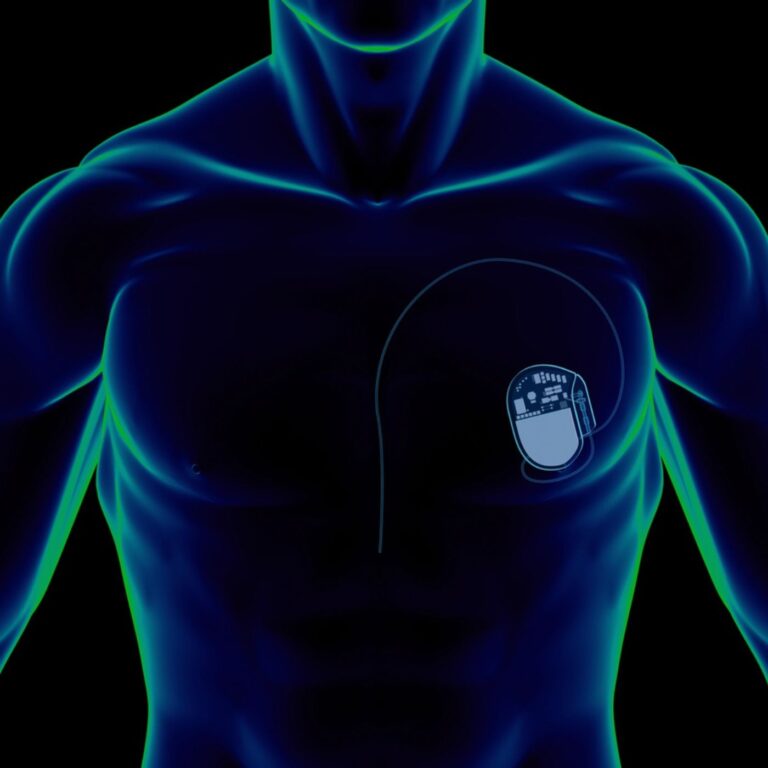Many don’t realize we even need to think about the possibility of security hacks when it comes to things like pacemakers, insulin pumps, and more. But when bits and bytes meet flesh and blood, security becomes literally a life or death concern. So what are the issues and risks we need to be aware of in exposing security vulnerabilities in connected biomedical devices?
This conversation—with Beau Woods, Cyber Safety Innovation Fellow with the Atlantic Council, part of the I Am The Cavalry grassroots security initiative, Founder/CEO of Stratigos Security; Andy Coravos, co-founder and CEO of Elektra Labs, advisor to the Biohacking Village at DEF CON (both of whom were formerly EIRs at the FDA); and a16z’s Hanne Tidnam covers how we should begin to think about addressing these security issues in the biomedical device space. What are the frameworks that should guide our conversations, and how and when (and which!) stakeholders should be incentivized to address these challenges? How did the FDA begin to think about security as part of the safety of all medical devices, including software as a medical device, and how we should think about understanding, monitoring, and updating the security of these devices—from philosophical statements to on-the-ground practical fixes and updates?



Leave a Reply
You must be logged in to post a comment.